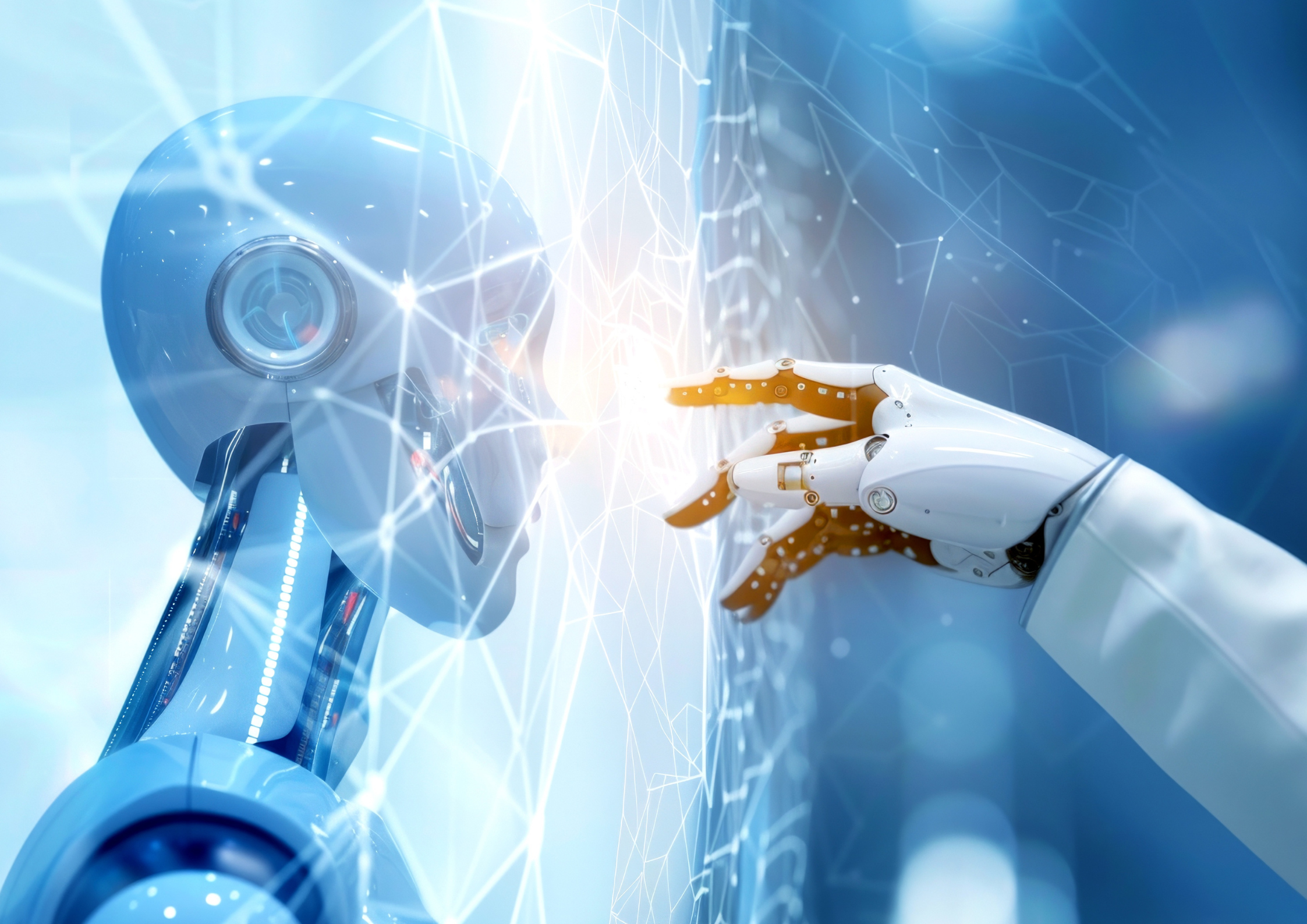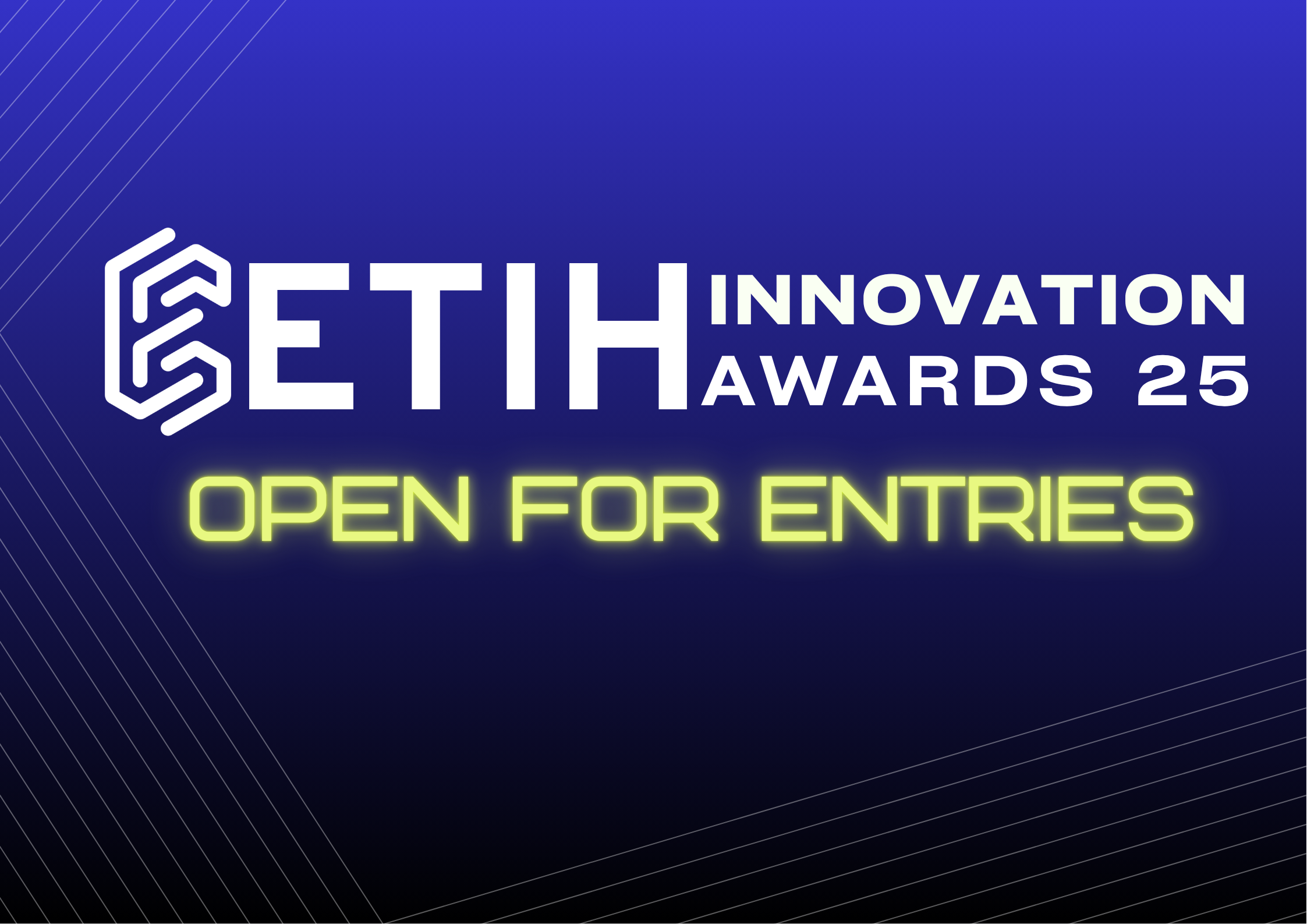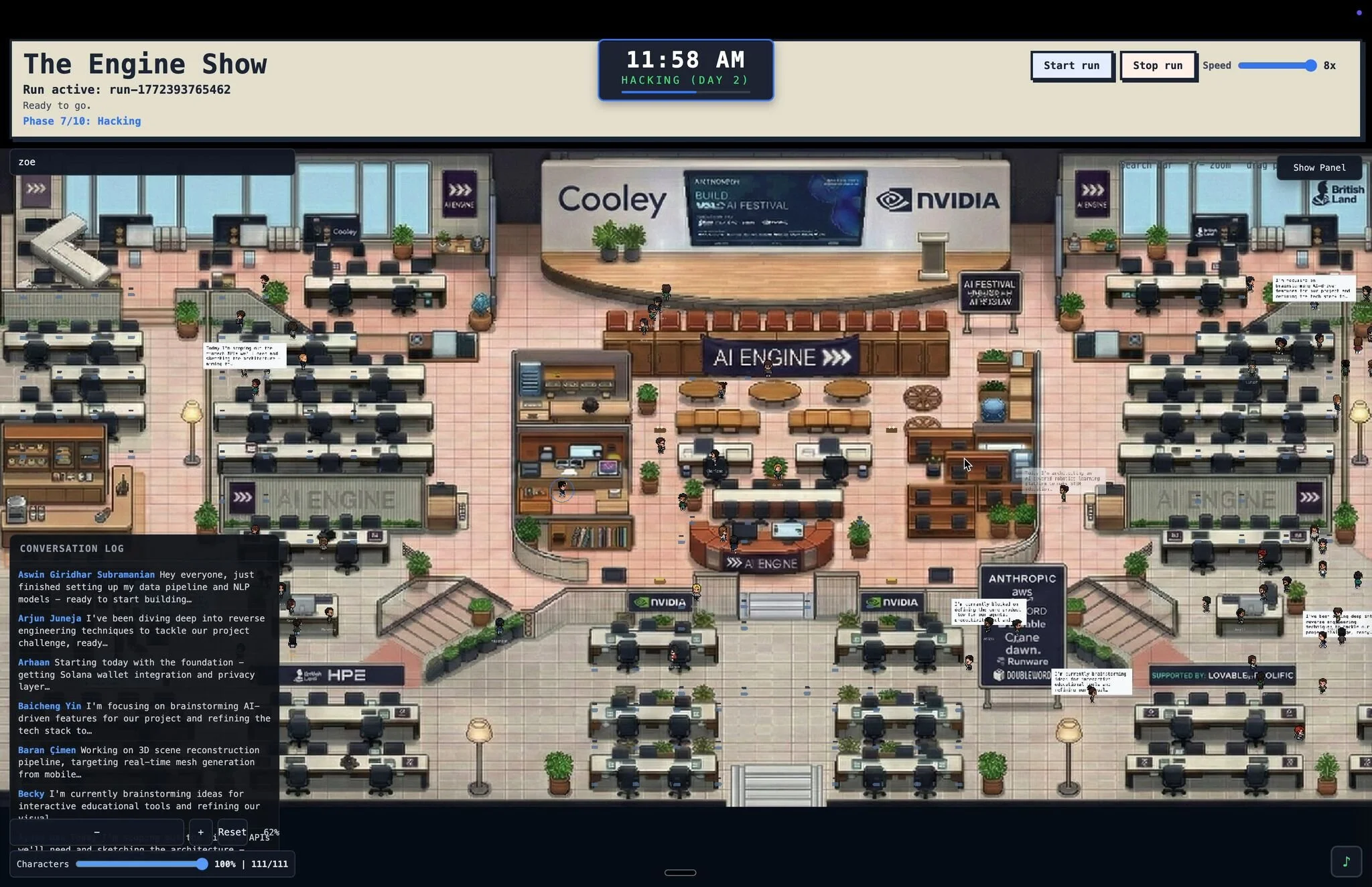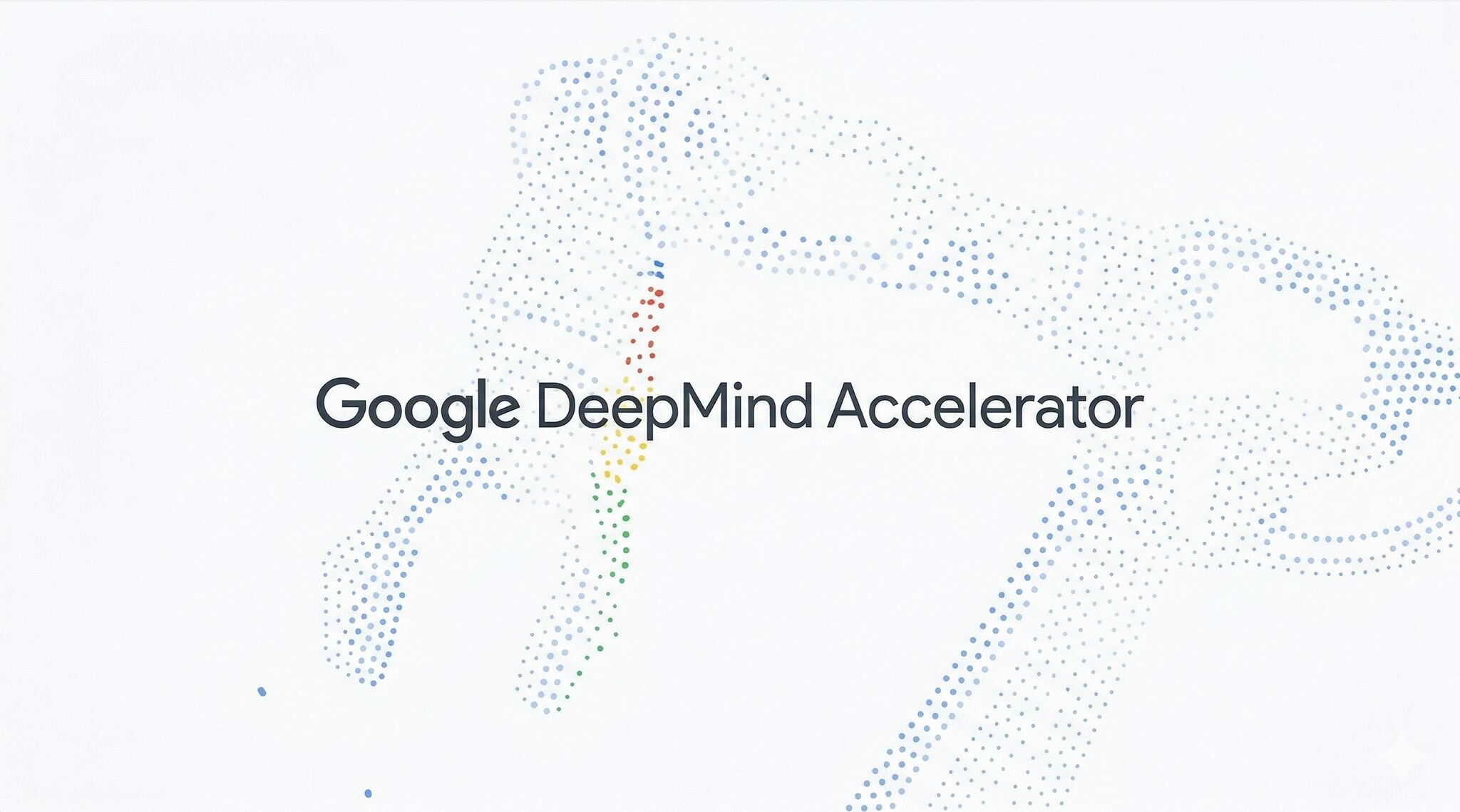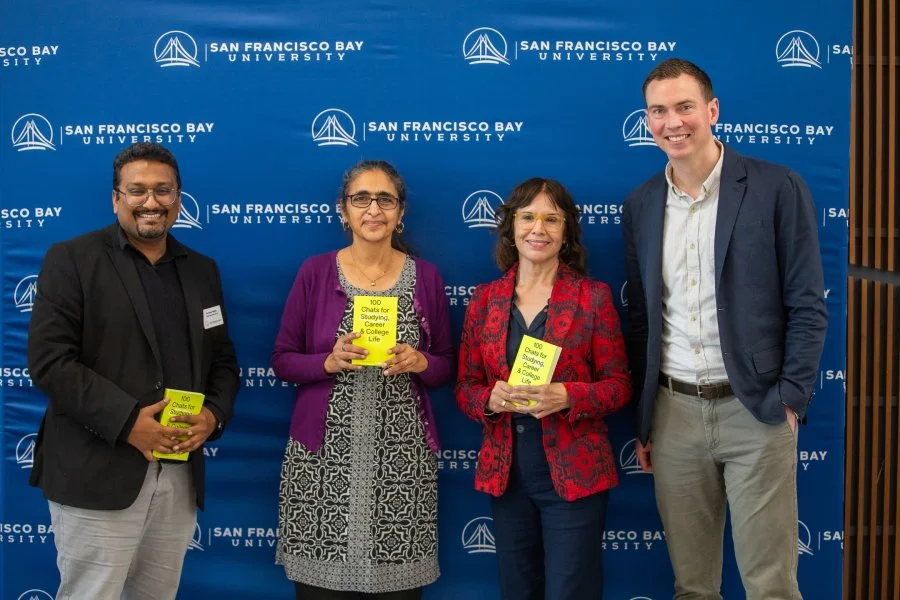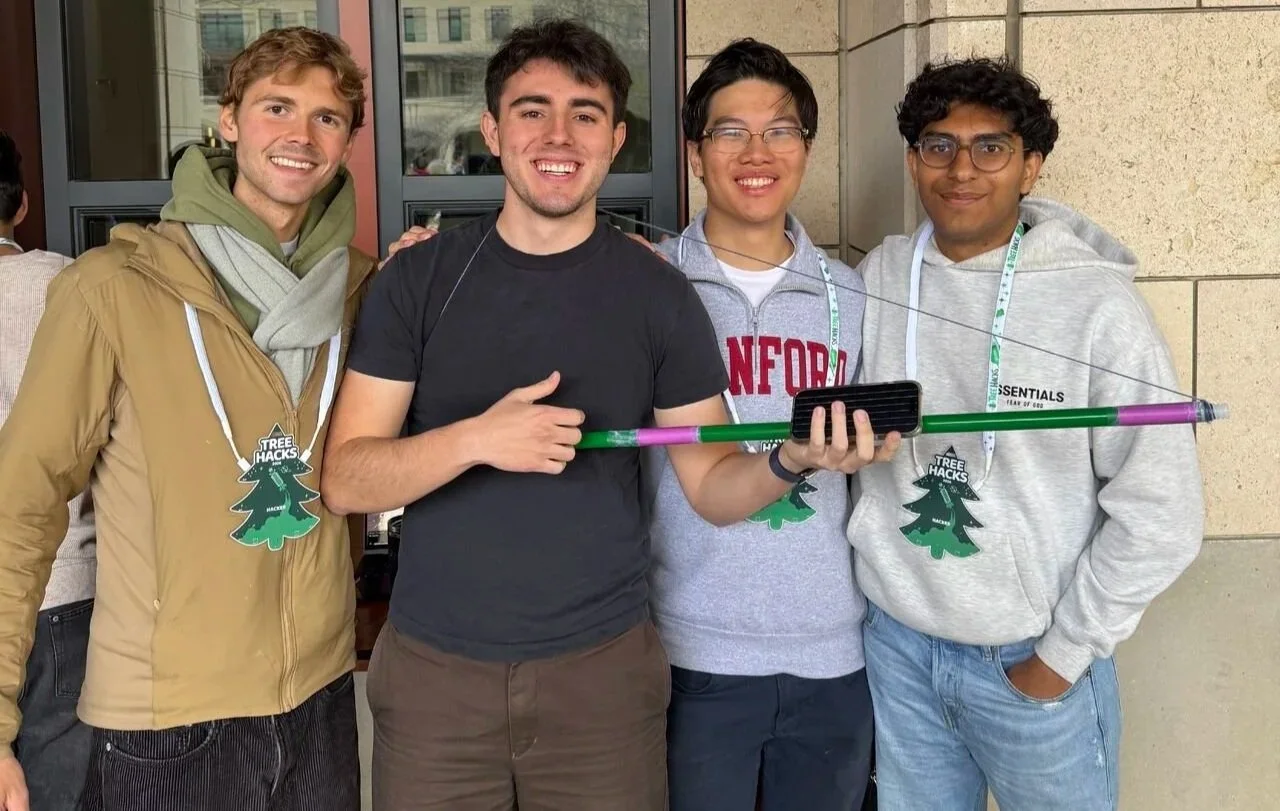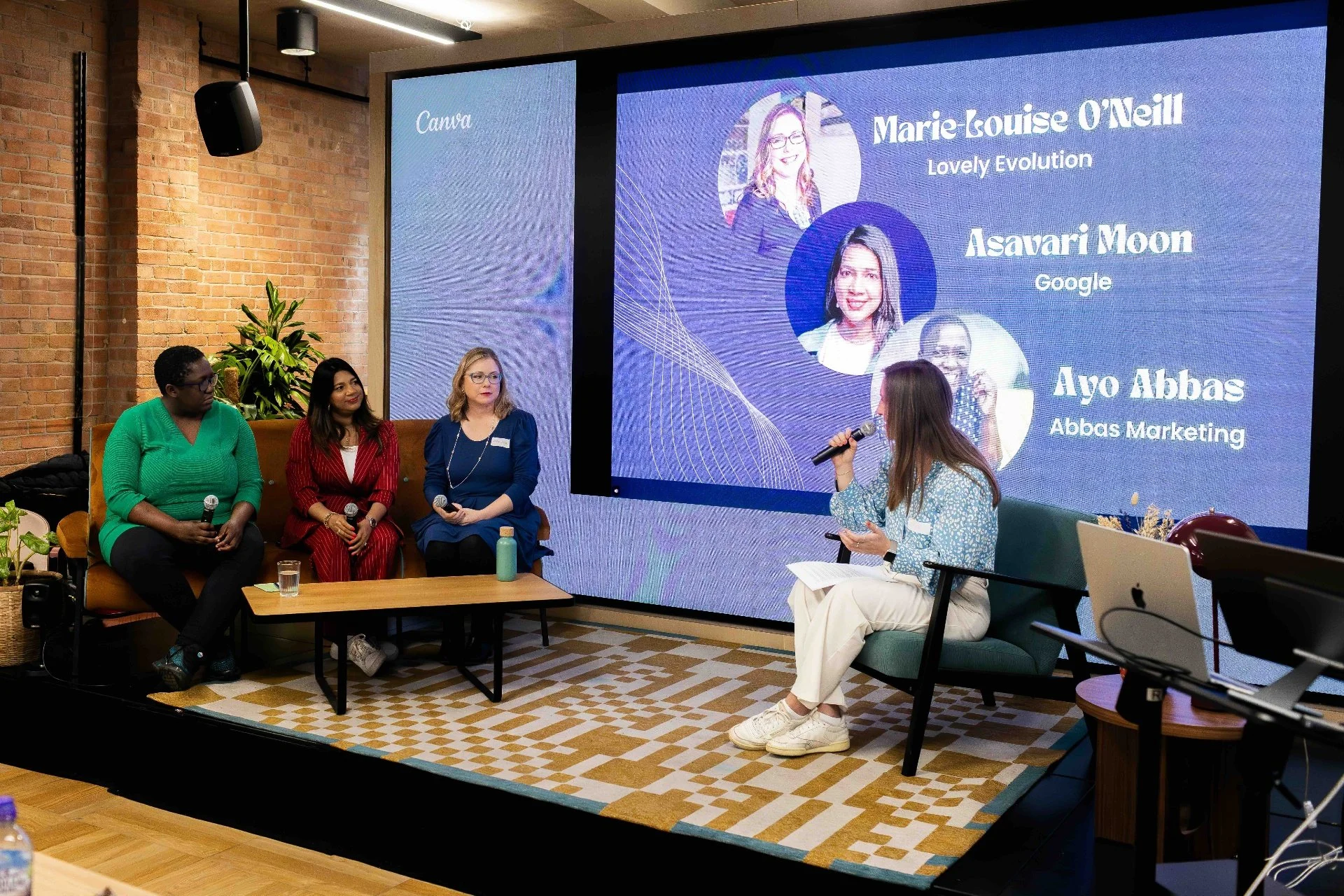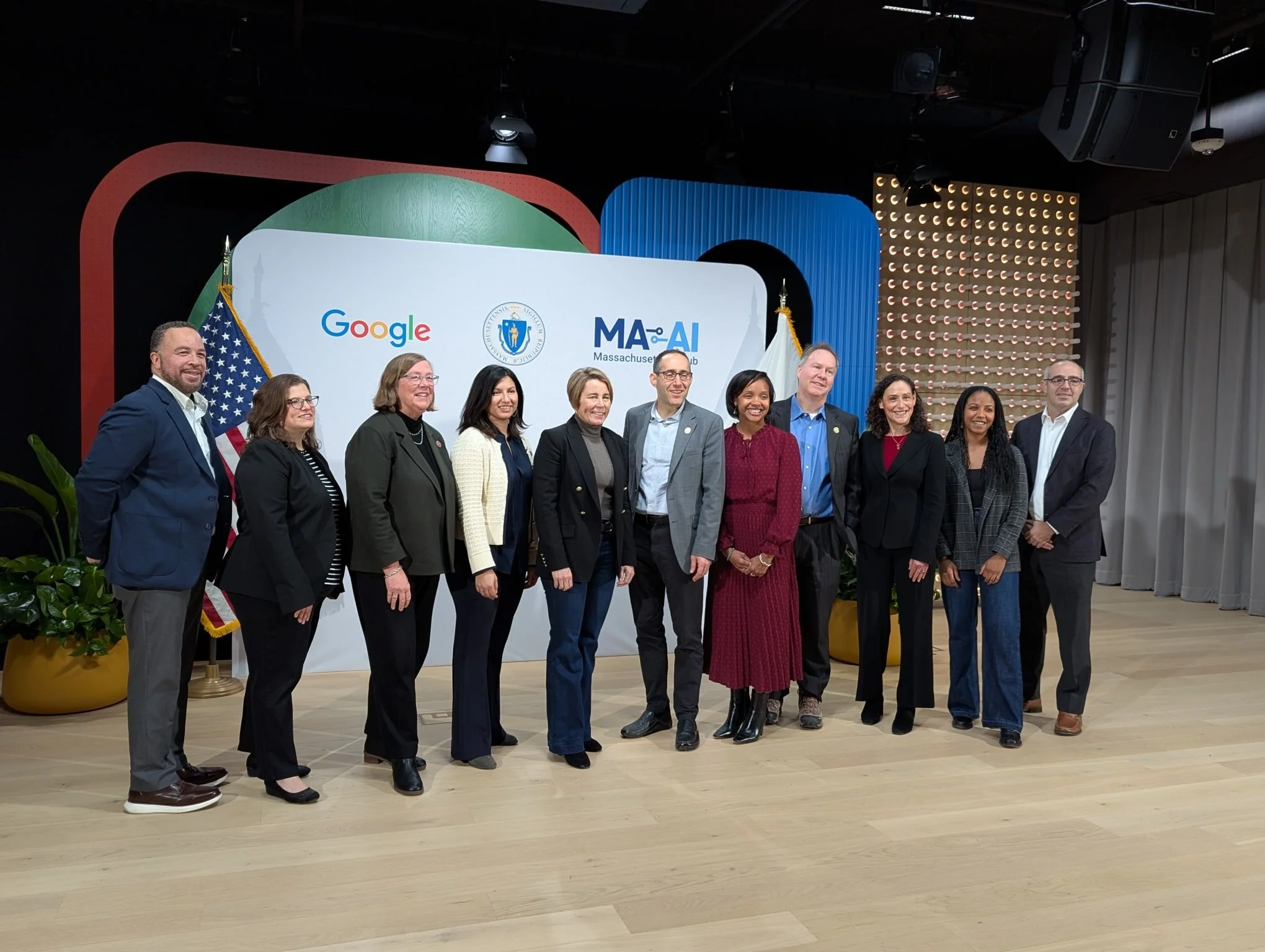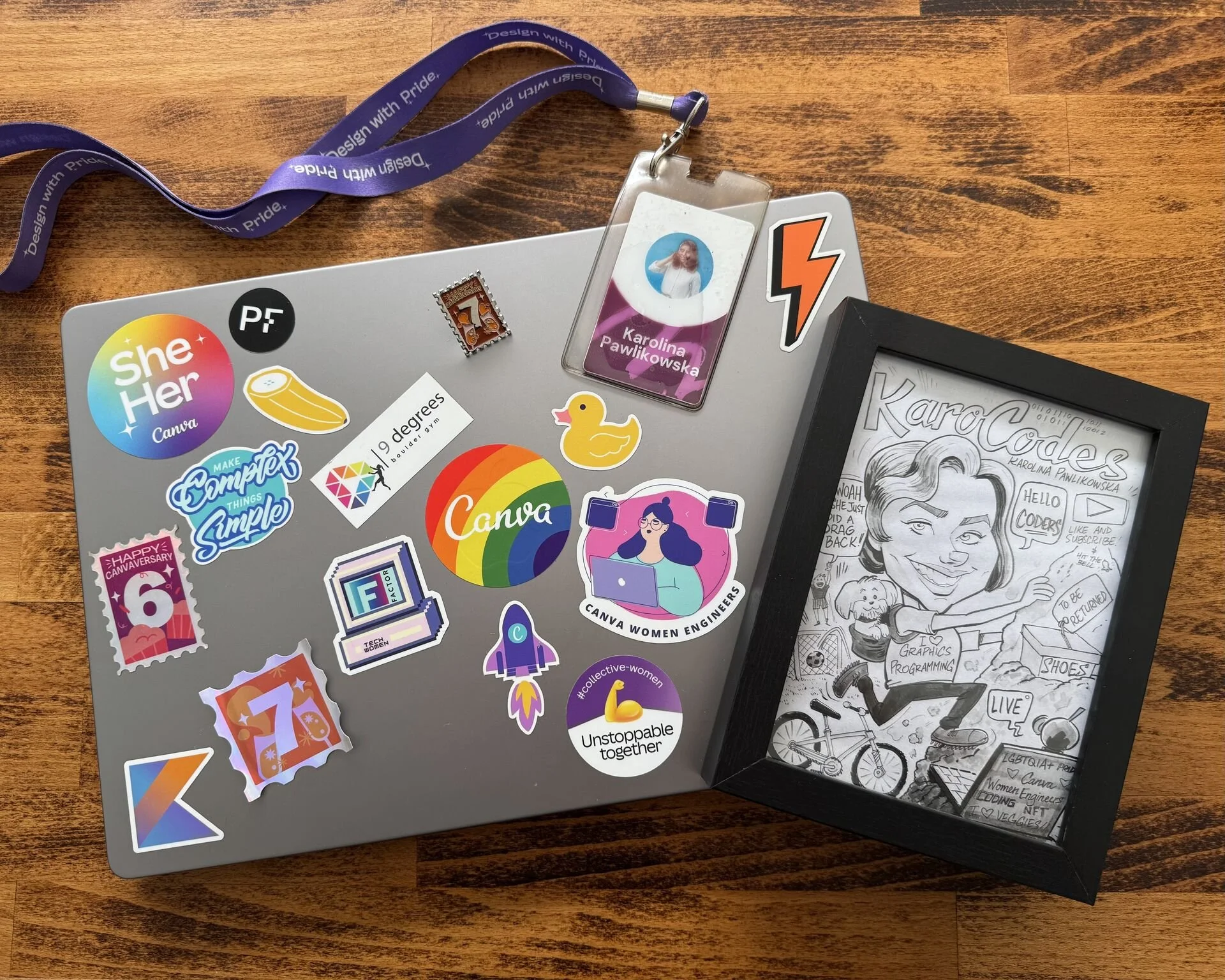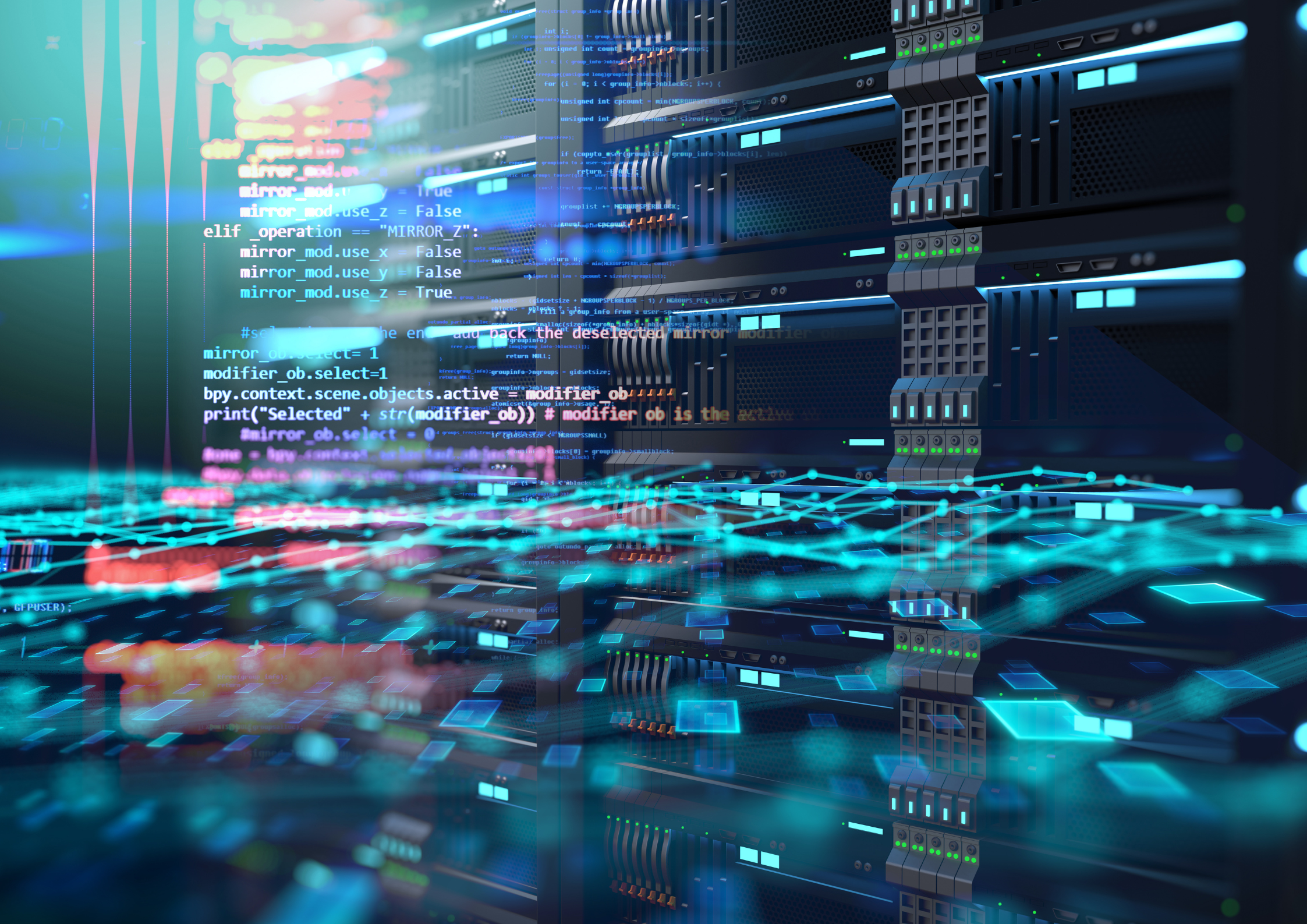UNESCO publishes global report on AI and the future of education at Digital Learning Week in Paris
In a LinkedIn post, Andreas Horn, Head of AIOps at IBM, drew attention to the launch of UNESCO’s latest report, AI and the Future of Education. The report was presented at UNESCO’s Digital Learning Week 2025, held in Paris from September 2–4.
Horn writes: “UNESCO drops today its 160+ page global report on AI and the Future of Education — and I’m honored to have added a think piece to this edition.”
UNESCO (United Nations Educational, Scientific and Cultural Organization) prepared the report as part of its global program on the ethical and equitable use of artificial intelligence. It highlights seven areas for action: defining AI futures in education, debating risks and opportunities, rethinking pedagogy and assessment, supporting teachers, building governance frameworks, tackling inequality, and shaping evidence-based policy.
AI in education systems
The report argues that AI adoption in schools and universities is not inevitable but should be guided by deliberate choices. It calls for systems that avoid hyper-personalization, which could reduce learning to isolated experiences, and instead strengthen education as a social process. UNESCO warns against excessive reliance on automation in assessment, stressing that AI must recognize the incomputable nature of human learning.
Teachers are identified as essential to this transition. The report describes them as “the backbone of education” and recommends that AI be designed with educators rather than for them, to ensure trust, legitimacy, and uptake.
AI and workforce development
The publication places particular emphasis on the role of education in preparing students for future labor markets shaped by AI. It notes that workforce development must address both technical skills and broader human capabilities such as critical thinking, collaboration, and ethical reasoning. Without this, AI-driven disruption risks creating divides between those who can adapt to new forms of work and those who cannot.
There are also warnings of “coded inequalities” — systemic biases embedded in AI systems that may disadvantage marginalized groups if not carefully addressed. It urges policymakers to ensure that AI deployment supports inclusion and prepares diverse learners for the demands of changing workplaces
The report stresses that governance cannot be outsourced to technology providers and must involve public participation and democratic oversight. It calls for localized, context-aware strategies to ensure that AI is deployed responsibly across different regions and education systems.
The ETIH Innovation Awards 2026
The EdTech Innovation Hub Awards celebrate excellence in global education technology, with a particular focus on workforce development, AI integration, and innovative learning solutions across all stages of education.
Now open for entries, the ETIH Innovation Awards 2026 recognize the companies, platforms, and individuals driving transformation in the sector, from AI-driven assessment tools and personalized learning systems, to upskilling solutions and digital platforms that connect learners with real-world outcomes.
Submissions are open to organizations across the UK, the Americas, and internationally. Entries should highlight measurable impact, whether in K–12 classrooms, higher education institutions, or lifelong learning settings.
Winners will be announced on 14 January 2026 as part of an online showcase featuring expert commentary on emerging trends and standout innovation. All winners and finalists will also be featured in our first print magazine, to be distributed at BETT 2026.

